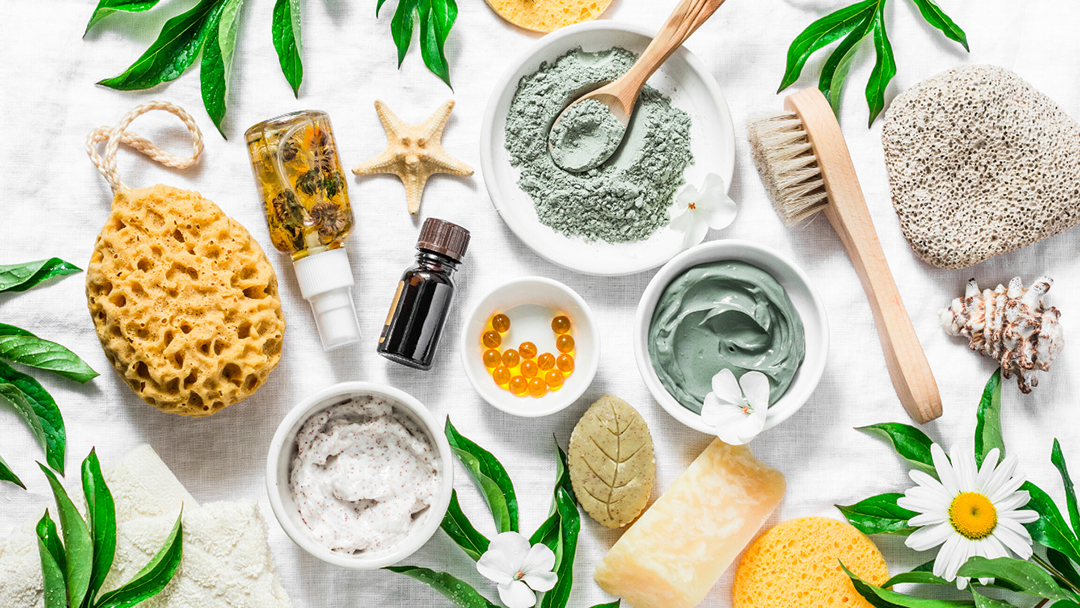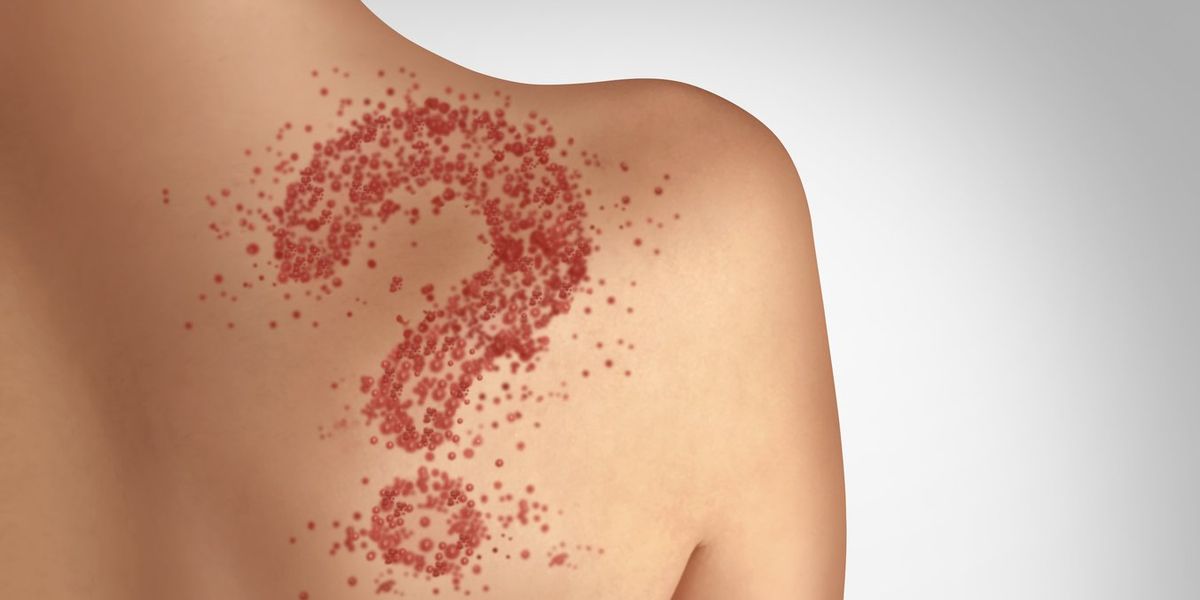Drinking Matcha May Have an Unexpected Side Effect, Health Experts Say
NEED TO KNOW
- Experts say that matcha could contribute to low iron absorption, and are now sharing tips on how to drink the popular Japanese tea safely
- Matcha contains tannins, which can interfere with iron absorption in the body
- People such as pregnant women, vegans and vegetarians and young people may be more likely to experience iron deficiency when drinking matcha on a daily basis with meals
One beloved coffee shop staple beverage may be causing its drinkers to experience low iron levels — and experts are explaining how consumers can stay healthy while still enjoying their drinks.
Matcha — a powdered form of green tea that is traditionally whisked in hot water to create a frothy beverage — has been a traditional drink in Japan for centuries and is loved for its perceived health benefits, including antioxidants and amino acids. The tea has also exploded in popularity across the world in the last decade, as major chain restaurants and coffee shops have added it to their menus.
Demand for the green, tea-based powder has grown so exponentially that government agencies and business owners believe that the world could see a shortage of matcha in the next year.
But as the tea grows ever-more popular, some consumers and health experts are speaking out about an uncommon side effect that matcha lovers might experience — lowered iron levels.
Speaking with the Toronto Star, registered dietitian Sarah Martel said that matcha contains tannins — a polyphenol compound found naturally in many foods such as tea, wine, berries, nuts and chocolate — that can interfere with iron absorption in the body.
Getty
There are two forms of iron, she adds — a non-heme iron found in plant-based foods and a heme iron found in animal products. Tannins can temporarily hinder iron absorption by binding to non-heme iron to create compounds that can’t be easily absorbed.
According to Martel, a person consuming matcha one or more times per day on a steady basis alongside an iron-rich meal could be more heavily affected when it comes to their iron absorption — but this doesn’t always lead to an iron deficiency in all people.
“A reduction in iron absorption at one meal or around one drink doesn’t necessarily mean an iron deficiency will be developed, as we have many other opportunities to get iron in throughout the day with our other meals and snacks,” Martel told the Star.
If the issue is left unchecked, impacted matcha drinkers could develop iron deficiency anemia. The Mayo Clinic states that without enough iron, the body can’t produce enough hemoglobin, which enables red blood cells to carry oxygen. It can cause shortness of breath and tiredness.
Additionally, there are other factors that may come into play when considering matcha’s impacts on your health. Certain beverages like matcha lattes may have less tannins because they’re diluted with milk or water, and ceremonial grade matcha may have fewer tannins than culinary grade.
Jennifer Lee, another registered dietitian and an assistant professor at Toronto Metropolitan University, added that vegans and vegetarians — who get much of their iron from plant-based non-heme sources — may also have issues absorbing iron, as well as people who are already susceptible to anemia, such as pregnant women, perimenopausal women and young people.
Despite these concerns, matcha is believed to have a number of health benefits.
“Matcha contains an amino acid called l-theanine, which is known for its calming effects,” Martel noted. “This, in combination with matcha’s natural caffeine content, provides a nice boost of energy, all without all the anxiety and jitters that come with coffee.”
Matcha lovers can take a few steps to make sure they’re still getting the iron they need, including waiting one hour after drinking the tea to eat or take iron supplements, Martel added. One cup of matcha per day for those who deal with iron issues is a good rule of thumb, and matcha drinkers should also try and eat iron from a variety of sources, such as leafy greens, tofu and seeds.
According to Martel, iron issues are not a prominent side effect of drinking lots of matcha — “as long as we’re consuming in moderation.”
Source link
Share this article:

:max_bytes(150000):strip_icc():focal(1001x642:1003x644)/Cup-of-maccha-latte-with-flower-shape-latte-art-032825-d14e7be91a914d1589a23cc5d5b5a661.jpg)










